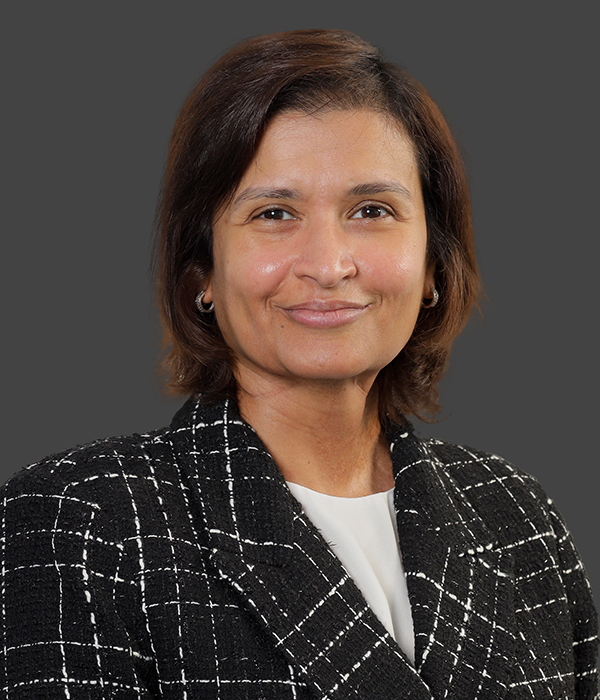Ensuring food security has become a national and regional priority across the GCC. Faced with
population growth, limited arable land, and global supply disruptions, GCC governments are
reshaping their food systems through long-term strategies, technology adoption, and strategic
investments, which are creating a foundation for sustainable growth and investor opportunity.
National Strategies for Enhanced Food Security
Each GCC nation has launched dedicated frameworks to strengthen domestic food systems and
reduce import reliance.
- Saudi Arabia, under Vision 2030, is expanding food production through the Agricultural
Development Fund and the Sustainable Agricultural Rural Development Program
(REEF), while promoting aquaculture and precision farming. - The UAE’s National Food Security Strategy 2051 aims to make the country a global leader
in food security through modern technologies, local production, and waste reduction. - Oman’s Vision 2040 targets a 30% increase in self-sufficiency via eco-friendly practices and
advanced technologies, supported by the $4.2 billion Saham Agricultural City project. - Bahrain is strengthening its framework through a new higher authority, the Bahrain Food
Holding Company (Ghitha), and a one-million sq.m. food park to drive innovation and local
manufacturing.
Regionally, the GCC is developing a unified food security strategy to boost agricultural, livestock,
and fisheries output. These sectors are already generating $30.5 billion in added value and attracting
$3.8 billion in food technology investments.
Agritech and Innovation: The New Growth Driver
Agritech is emerging as an important pillar of the GCC’s food security agenda as governments invest
in vertical farming, AI-driven irrigation, and circular systems to boost yield and sustainability.
In the UAE, Food Tech Valley and ReFarm are developing a “GigaFarm” capable of producing over 3
million kilograms of food annually. The Plant the Emirates and Food Innovation Hub initiatives
further advance sustainable and climate-resilient agriculture.
Saudi Arabia is backing precision farming and agricultural digitalization through the Ministry of
Environment, Water and Agriculture, while the NEOM project aims to produce 600,000 metric tons of
sustainable food each year by 2030.
With respect to other GCC nations, Oman is modernizing agriculture by adopting innovative methods
like seawater farming and building a facility that employs advanced soilless farming techniques
powered by solar desalination to produce freshwater for agricultural use. Bahrain and Kuwait are
also investing in urban, vertical, and aeroponic systems with projects such as Edamah–Badia Farms
and the GreenLife Company highlighting their shift toward high-tech, sustainable food production.
Expanding Through Overseas Investments
To safeguard food supply chains, GCC nations are acquiring agricultural assets abroad and
establishing food corridors to secure key commodities. For instance, Saudi Arabia’s SALIC, a
subsidiary of the Public Investment Fund, has invested in farmland across Sudan, Canada, Brazil,
Australia, and India, ensuring steady access to wheat, rice, and meat. Its increased stake in Olam
Agri further strengthens global food logistics.
The UAE’s ADQ and Al Dahra Agriculture, along with Qatar’s Hassad Food, have built
partnerships in Africa, Eastern Europe, and South Asia, focusing on grains and animal feed. Oman
and Kuwait are also deepening agricultural ties in East Africa and Australia. These cross-border
investments not only stabilize food supply but also create long-term commercial value and geopolitical
resilience.
Empowering Agrifood SMEs and Clusters
GCC governments are fostering entrepreneurship through specialized clusters and SME programs.
The UAE’s AgriFood Growth & Water Abundance (AGWA) cluster, led by ADIO and the
Department of Economic Development, is developing an integrated hub for agrifood and water-tech
industries. The Food and Agriculture Entrepreneurs Programme trains young Emiratis to enter
agribusiness.
Saudi Arabia launched its first dairy industrial zone in Al-Kharj and expanded SME support via
Monsha’at, offering financing and training for agri-entrepreneurs. In Qatar, Hassad Food and the
Ministry of Municipality are providing farmers with integrated agricultural services to enhance
efficiency and output.
With government-led reforms, sustainability mandates, and the rise of public-private partnerships, the
region is positioning itself as a hub for food innovation. As GCC countries work toward self-sufficiency
and sustainable growth, investors have a chance to participate in one of the fastest-evolving agrifood
markets, where innovation, technology, and policy converge to secure the future of food.
 4 min
4 min


